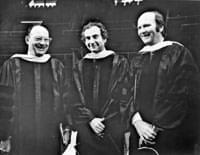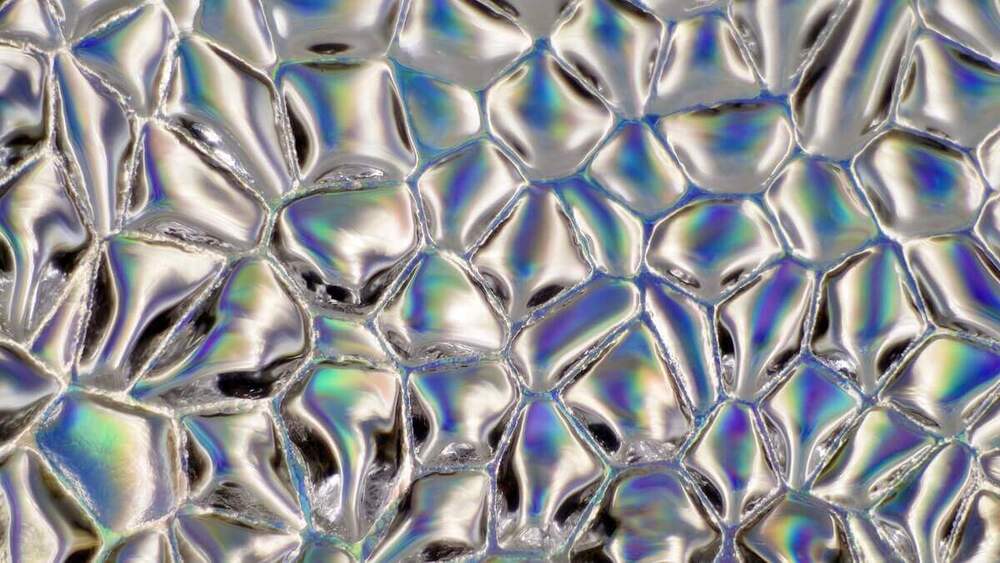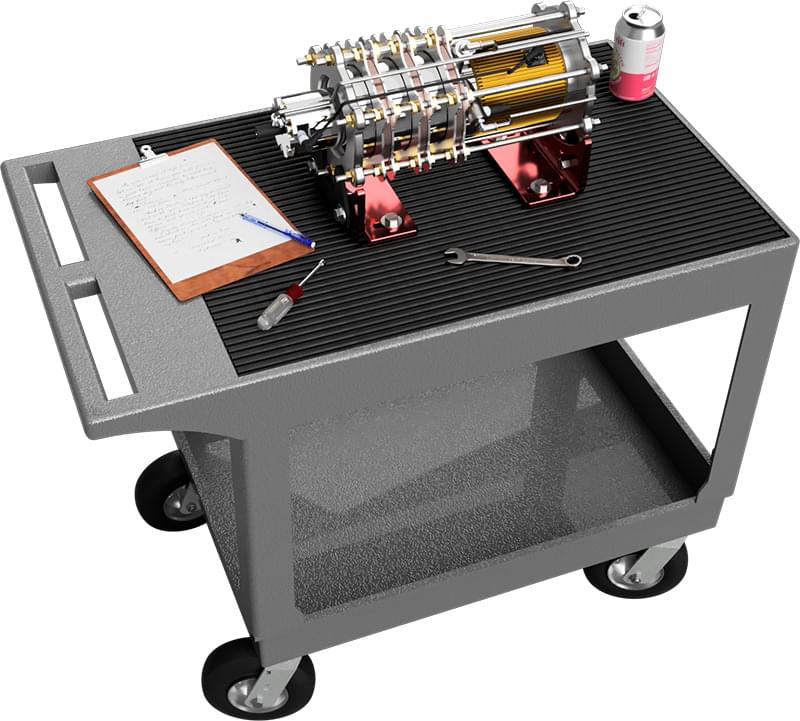Circa 2010
How do Utricularia, aquatic carnivorous plants commonly found in marshes, manage to capture their preys in less than a millisecond? A team of French physicists from the Laboratoire Interdisciplinaire de Physique has identified the ingenious mechanical process that enables the plant to ensnare any small, a little too curious aquatic animals that venture too closely. It is the reversal of its curvature and the release of the associated elastic energy that make it the fastest known aquatic trap in the world. These results are published on 16 February 2011 on the website of the journal Proceedings of the Royal Society of London B.
Utricularia are carnivorous plants that capture small prey with remarkable suction traps. Utricularia are rootless plants formed of very thin, forked leaves on which wineskin-shaped traps, just a few millimeters in size, are attached. Only the flowers, standing on long stems, stick out of the water. The traps are underwater. When an aquatic animal (water fleas, cyclops, daphnia or small mosquito larvae) touches its sensitive hairs, the trap sucks it in, in a fraction of a second, along with water, which is then drained through its walls.
In order to understand the mechanical process involved, the researchers observed and recorded the extremely rapid movements of the capture phase with a high speed camera. The scientists show that the trap door buckles, which reverses its curvature and allows it to open and close very rapidly, thus entrapping its prey. The suction time (less than a millisecond) is much shorter than was previously assumed.







